
The Enchanting Loihuno Waterfall
Nestled in the heart of Timor-Leste, the Loihuno Waterfall is a hidden gem that promises tranquility and natural beauty. Surrounded by lush greenery and towering trees, this waterfall is a perfect escape for nature lovers and adventure seekers alike. The cascading waters create a serene atmosphere, making it an ideal spot for relaxation and reflection. Loihuno Waterfall is not just about the stunning view; it offers a refreshing swim in its clear, cool waters. The natural pool at the base of the waterfall is perfect for a dip after a hike through the verdant trails. The area is rich in biodiversity, so keep an eye out for unique flora and fauna that add to the magic of the place. The journey to Loihuno Waterfall is an adventure in itself. The scenic drive through Timor-Leste's rural landscape presents an opportunity to experience the local culture and hospitality. Small villages dot the route, where friendly locals may share stories and insights about the region. This destination is not just a visit; it's an immersive experience that connects you with the heart of Timor-Leste.
Local tips in Loihuno Waterfall
- Wear comfortable hiking shoes for the trek to the waterfall.
- Bring a swimsuit and a towel to enjoy a refreshing swim.
- Pack a picnic to enjoy by the waterfall but remember to clean up after yourself.
- Visit early in the morning to avoid crowds and to enjoy the peaceful ambiance.
- Carry insect repellent to protect against mosquitoes and other insects.
- Stay hydrated and bring plenty of water, especially during the dry season.
- Respect the local customs and traditions when interacting with the villagers.
The Enchanting Loihuno Waterfall
Nestled in the heart of Timor-Leste, the Loihuno Waterfall is a hidden gem that promises tranquility and natural beauty. Surrounded by lush greenery and towering trees, this waterfall is a perfect escape for nature lovers and adventure seekers alike. The cascading waters create a serene atmosphere, making it an ideal spot for relaxation and reflection. Loihuno Waterfall is not just about the stunning view; it offers a refreshing swim in its clear, cool waters. The natural pool at the base of the waterfall is perfect for a dip after a hike through the verdant trails. The area is rich in biodiversity, so keep an eye out for unique flora and fauna that add to the magic of the place. The journey to Loihuno Waterfall is an adventure in itself. The scenic drive through Timor-Leste's rural landscape presents an opportunity to experience the local culture and hospitality. Small villages dot the route, where friendly locals may share stories and insights about the region. This destination is not just a visit; it's an immersive experience that connects you with the heart of Timor-Leste.
When is the best time to go to Loihuno Waterfall?
Unmissable attractions to see
Dokomali Falls/ Bee Tudak Dokomali
Experience the breathtaking beauty of Dokomali Falls, Timor-Leste's hidden gem, where nature's tranquility meets adventure in a stunning waterfall setting.
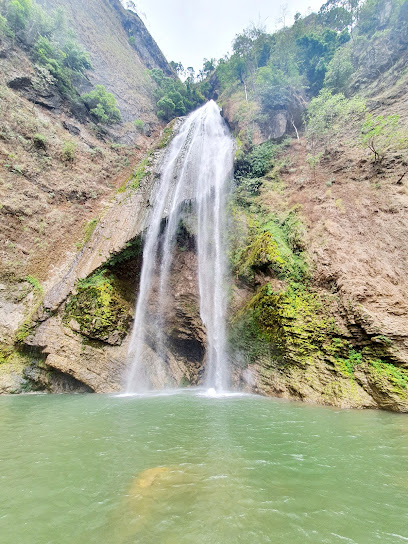
Tuda Tiris Waterfall
Discover the breathtaking beauty of Tuda Tiris Waterfall, a must-visit national reserve in Dare, where nature and tranquility meet in perfect harmony.
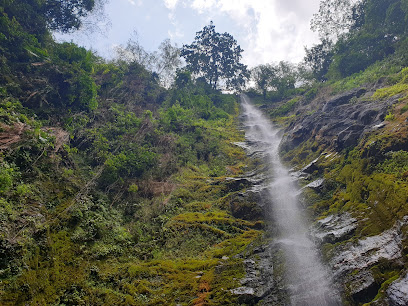
Be Tuda Berloi
Experience the stunning natural beauty and rich biodiversity of Be Tuda Berloi, a national reserve in Fatisi, perfect for eco-tourists and nature lovers.
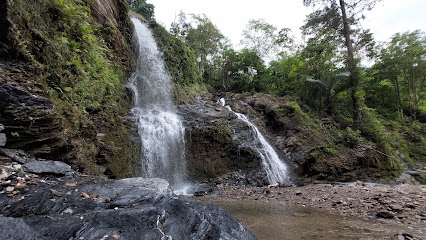
Nino Konis Santana National Park
Explore the breathtaking landscapes and rich biodiversity of Nino Konis Santana National Park in Timor-Leste, a haven for nature lovers and adventurers.
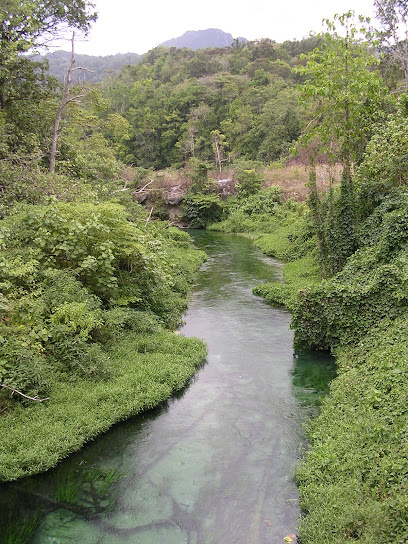
Balibo Trails
Discover the breathtaking landscapes and rich history of Timor-Leste at Balibo Trails, a must-visit destination for adventure enthusiasts.
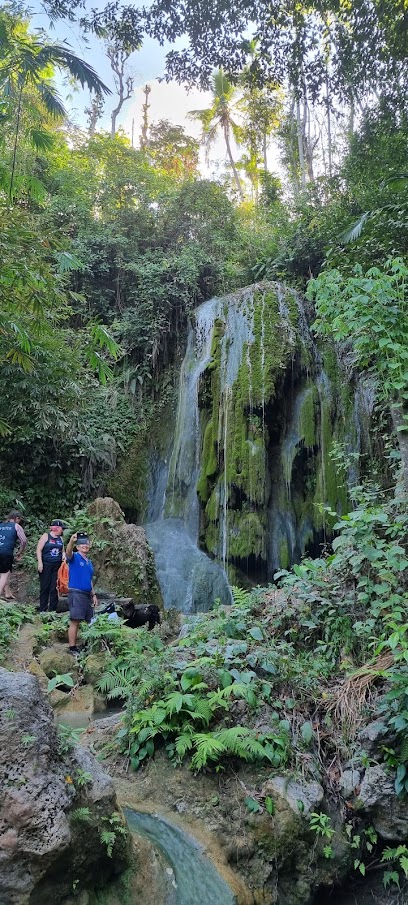
Hoppo Waterfall
Experience the breathtaking beauty of Hoppo Waterfall in Luro, a serene oasis perfect for nature lovers and adventure seekers seeking tranquility.
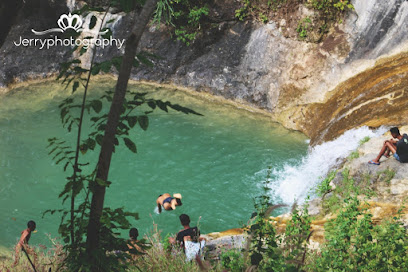
Tukis Waterfall
Explore the tranquil Tukis Waterfall in Oecusse, Oelulan, where nature's beauty meets serenity for an unforgettable getaway.
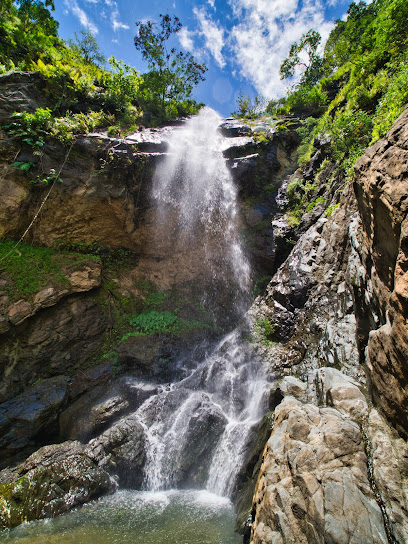
Essential places to dine
Caz Bar
Discover Caz Bar in Dili: A vibrant restaurant offering delicious local and international cuisine amidst warm Timorese hospitality.
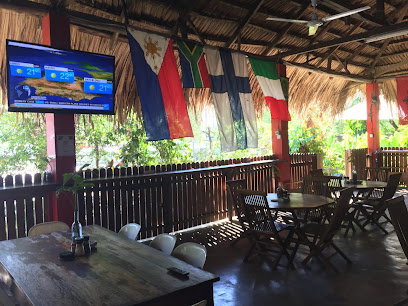
Castaway Bar and Restaurant
Experience culinary delights and vibrant nightlife at Castaway Bar and Restaurant in Dili – your ultimate tropical escape.
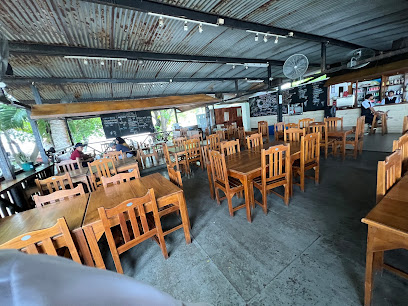
Hotel Esplanada
Savor exquisite local and international dishes at Hotel Esplanada, the culinary heart of Dili offering delightful flavors and warm hospitality.
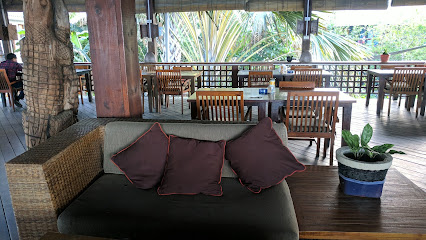
Osteria Italiana
Experience authentic Italian cuisine at Osteria Italiana in Dili—where every dish is a journey through Italy's rich culinary heritage.
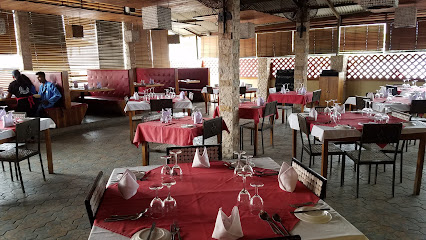
Pro-Ema Restaurant School
Experience authentic Timorese cuisine at Pro-Ema Restaurant School while supporting women's empowerment through culinary education.
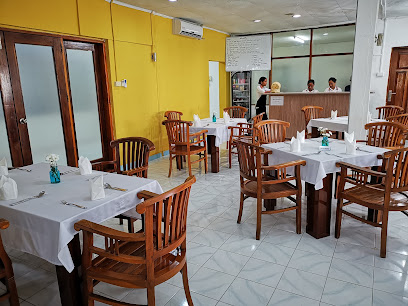
Naris No.1 Korean Restaurant
Discover the rich flavors of Korea at Naris No.1 Korean Restaurant in Dili – a top destination for authentic Korean cuisine.
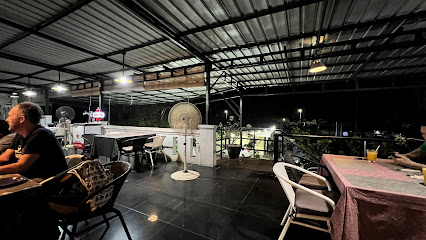
El Legendario
Experience authentic Timorese cuisine at El Legendario in Dili – where local flavors meet warm hospitality.
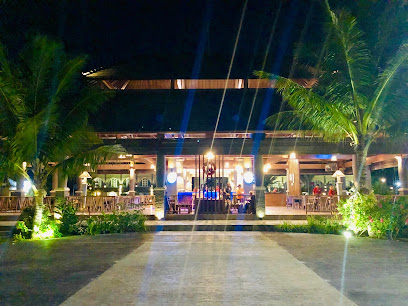
Agora Food Studio
Discover authentic Timorese cuisine at Agora Food Studio in Díli – where local flavors meet culinary innovation.
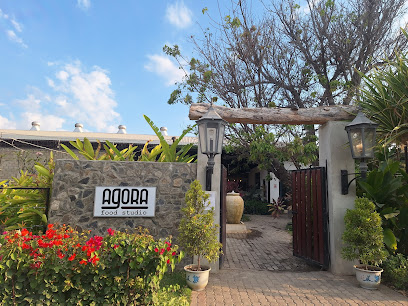
Ocean View Restaurant
Experience exquisite seafood dining with breathtaking ocean views at Ocean View Restaurant in Dili.
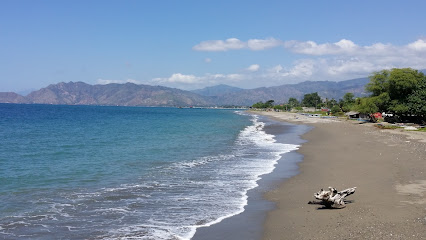
Panorama Restaurant & Sky Bar
Discover culinary delights with panoramic views at Dili's premier dining destination.
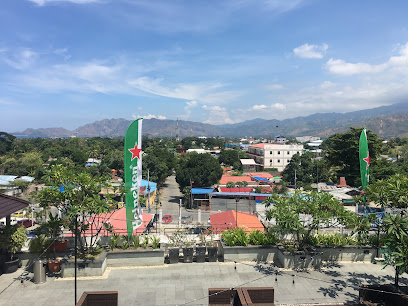
Tito's Restaurant
Experience authentic Portuguese cuisine at Tito's Restaurant in Dili - where tradition meets taste in Timor-Leste.
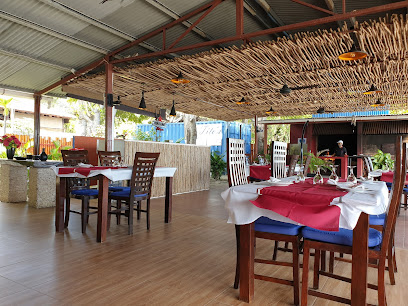
Dilicious Timor
Experience authentic Timorese flavors at Dilicious Timor in Dili - where every meal tells a story.
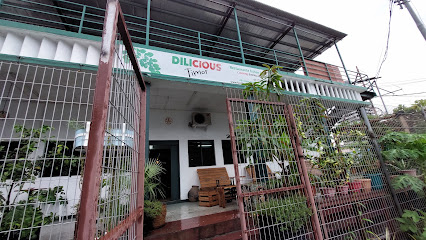
Little Pattaya Restaurant
Discover authentic Thai flavors at Little Pattaya Restaurant in Dili - where every meal is a delightful culinary adventure.
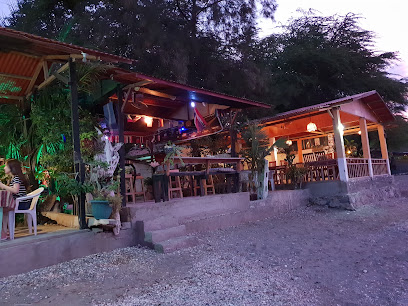
Early Sun Restaurant
Discover the vibrant tastes of Asia at Early Sun Restaurant in Dili, where authentic flavors meet warm hospitality.
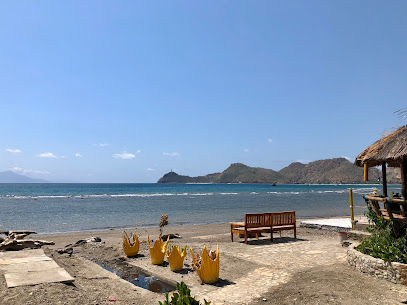
Nha Casa Restaurant
Discover Nha Casa Restaurant in Dili for an exquisite blend of Timorese flavors and international cuisine amidst breathtaking coastal views.
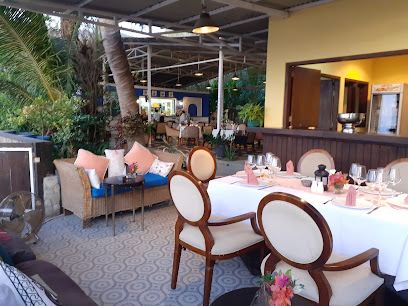
Markets, malls and hidden boutiques
Timor Plaza
Discover the ultimate shopping experience at Timor Plaza, Dili's premier destination for fashion, food, and fun.

Tais Market
Discover the vibrant Tais Market in Dili, a treasure trove of traditional crafts, delicious street food, and local culture in the heart of Timor-Leste.
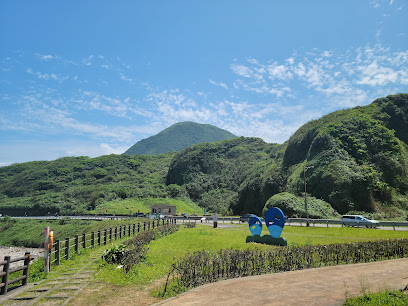
Dare Memorial Museum and Cafe
Discover the rich history of Timor Leste at Dare Memorial Museum and Cafe, where culture meets culinary delight for an unforgettable experience.
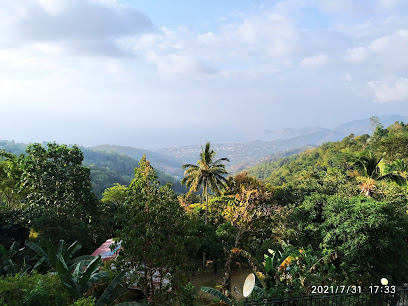
Largo de Lecidere
Discover the lush beauty and vibrant community atmosphere at Largo de Lecidere, a tranquil park in the heart of Dili, Timor-Leste.
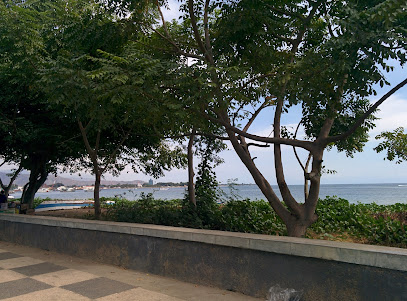
Lita Store
Explore Dili's vibrant marketplace at Lita Store, offering a wide selection of local and international products for all your shopping needs.

Centro Supermarket
Discover the local flavors and vibrant culture at Centro Supermarket in Dili, your go-to grocery store for Timorese delicacies and fresh produce.

Qulina Supermarket
Explore the vibrant flavors of Timor-Leste at Qulina Supermarket, your gateway to local and international grocery delights in Dili.
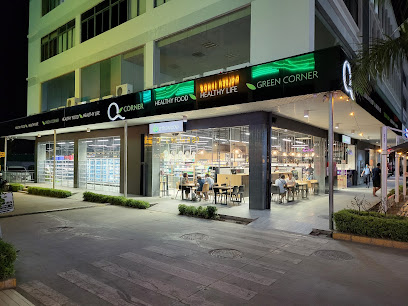
Dokomali Falls/ Bee Tudak Dokomali
Explore the breathtaking beauty of Dokomali Falls in Mulo, Timor-Leste - a natural wonder and perfect getaway for nature lovers.
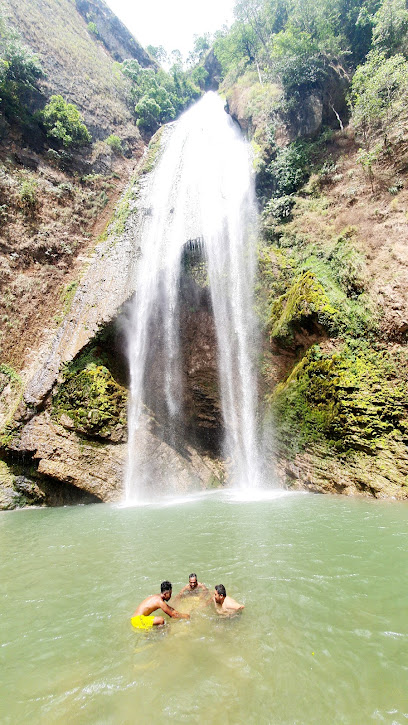
Boneca de Atauro (atelier)
Explore Boneca de Atauro - A Unique Doll Store Celebrating Timorese Culture and Craftsmanship on Atauro Island.
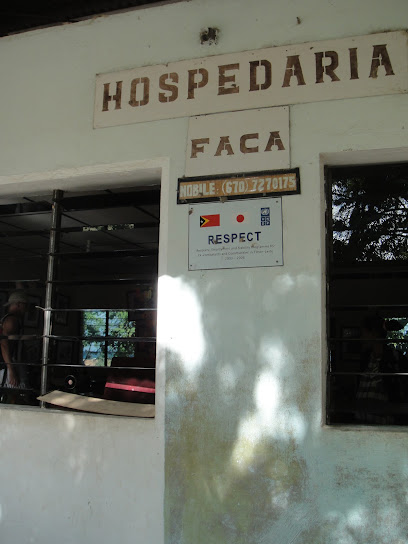
W Four Supermarket
Explore W Four Supermarket in Dili for a taste of local and international flavors, perfect for travelers seeking essentials and unique culinary experiences.
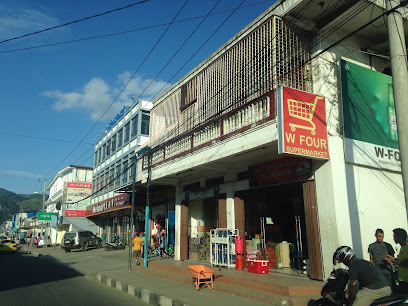
The Corner Store Network Timor Leste
Discover a charming coffee shop in Metinaro, Timor Leste, offering delicious brews and a welcoming atmosphere for every traveler.
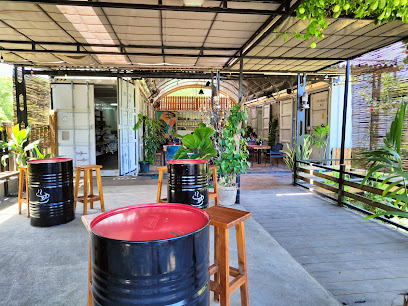
Dilimart
Discover local flavors and essentials at Dilimart, Dili's vibrant grocery store offering a taste of East Timor's culinary delights.
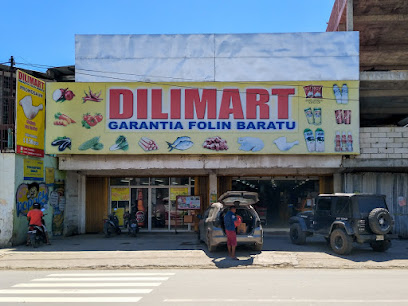
Things and Stories
Explore an enchanting home goods store in Díli, showcasing authentic Timorese artifacts and unique handcrafted treasures that celebrate local culture.
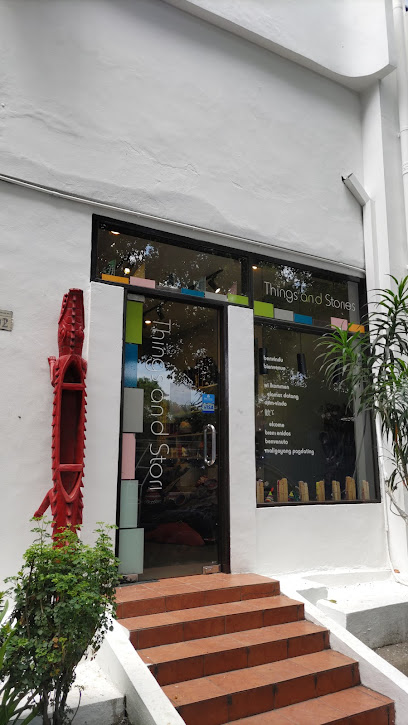
Loja Liras Giftshop
Explore the vibrant culture of Timor-Leste at Loja Liras Giftshop - your destination for authentic souvenirs and local artistry.
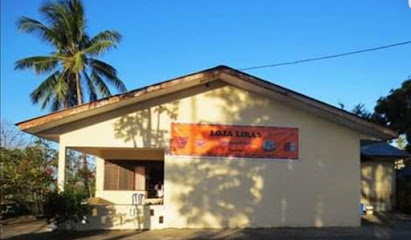
Loza Jacinto Foun
Explore Dili's vibrant market at Loza Jacinto Foun, where local flavors meet international variety for all your grocery needs.

Essential bars & hidden hideouts
Caz Bar
Discover the vibrant flavors of Díli at Caz Bar, where local and international cuisine meets a lively atmosphere in East Timor.
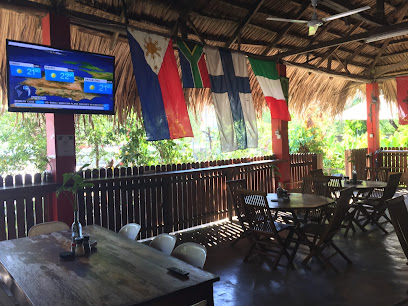
Castaway Bar and Restaurant
Castaway Bar and Restaurant in Dili: A vibrant dining experience with diverse cuisine, refreshing drinks, and lively entertainment in Timor-Leste.
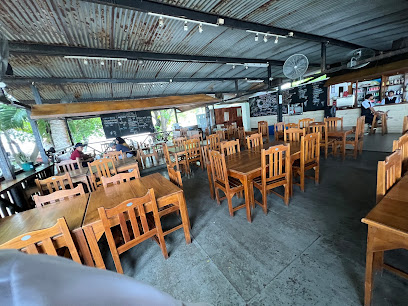
Dive Timor Lorosae
Discover the underwater treasures of Dili with Dive Timor Lorosae, your gateway to unforgettable SCUBA diving experiences in East Timor.
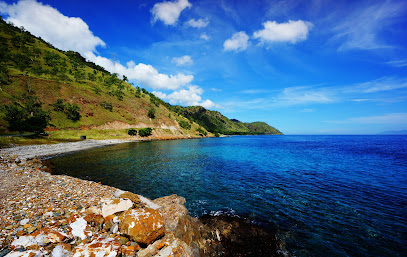
Pro-Ema Restaurant School
Discover the vibrant flavors of Timor Leste at Pro-Ema Restaurant School, where culinary education meets exceptional dining in Dili.
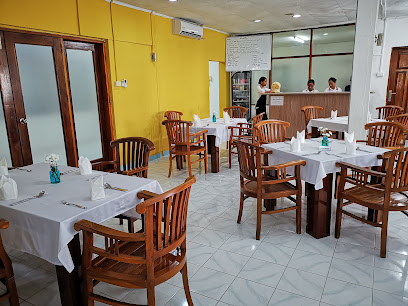
El Legendario
Discover the authentic flavors of Timor-Leste at El Legendario, a top-rated dining destination in Dili offering a unique blend of local and international cuisine.
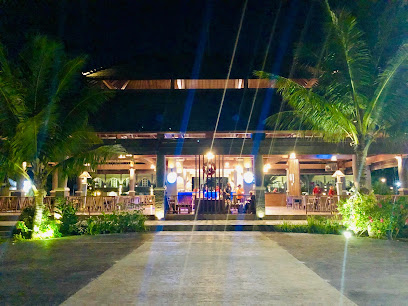
Ocean View Restaurant
Experience the best of Timorese cuisine with stunning ocean views at Ocean View Restaurant in Díli, a must-visit for food lovers and travelers alike.
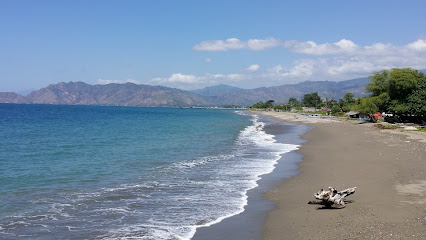
Panorama Restaurant & Sky Bar
Experience exquisite dining at Panorama Restaurant & Sky Bar in Dili, where breathtaking views meet delicious cuisine.
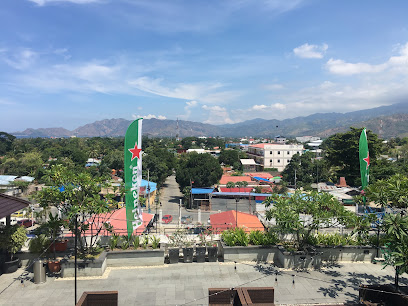
Tito's Restaurant
Experience authentic Portuguese cuisine in Dili at Tito's Restaurant, where flavors come alive in a welcoming atmosphere.
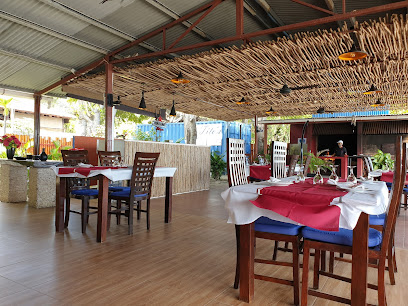
Dilicious Timor
Explore the vibrant culinary scene of Dili at Dilicious Timor, where local flavors meet international cuisine in a welcoming atmosphere.
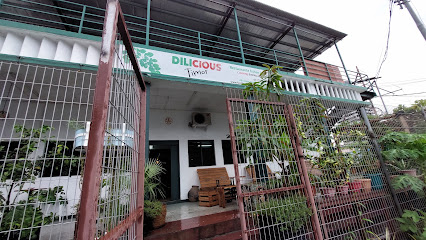
Beloi Beach Hotel Dive Resort
Experience the thrill of diving and the tranquility of beach life at Beloi Beach Hotel Dive Resort on Atauro Island.
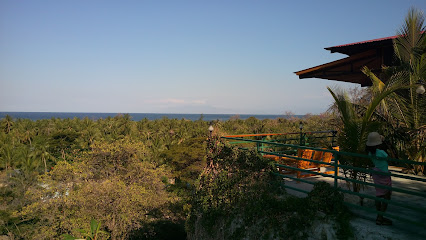
Nha Casa Restaurant
Discover the culinary treasures of Timor-Leste at Nha Casa Restaurant, where local flavors meet exceptional dining in Dili.
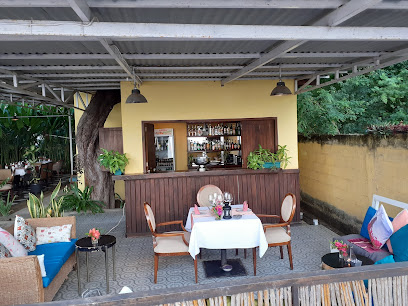
Black Box Cafe and Bar
Experience the vibrant flavors and friendly atmosphere at Black Box Cafe and Bar, the perfect spot for tourists in Dili.
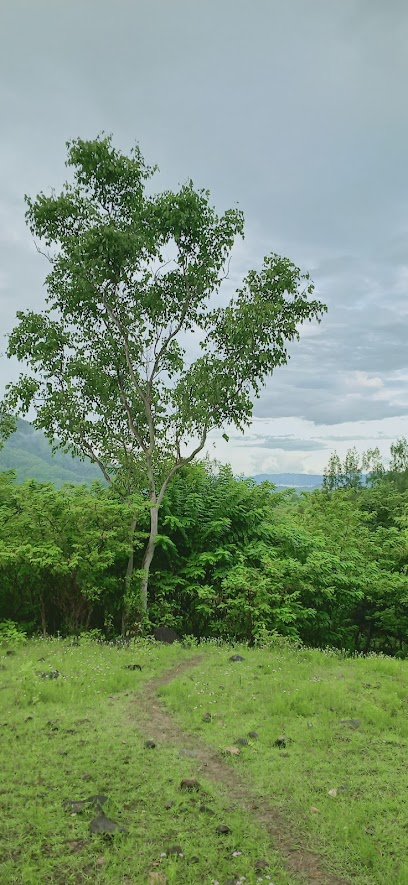
Olé Bar & Tapas
Discover the lively atmosphere of Olé Bar & Tapas in Díli, a perfect blend of local culture, delicious tapas, and refreshing drinks.
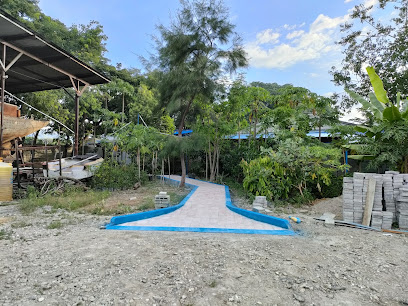
Allalong Internet Cafe & Resto
Discover the perfect blend of fine dining and digital connectivity at Allalong Internet Cafe & Resto in Dili, Timor-Leste.
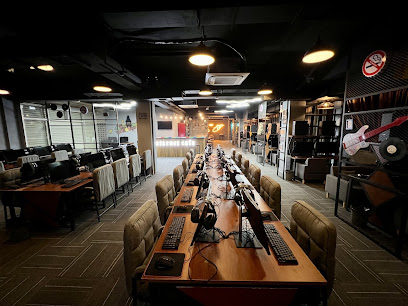
Local Phrases about Loihuno Waterfall
-
- HelloBondia
[bon-dee-ah] - GoodbyeAdeus
[ah-deh-oos] - YesSim
[seem] - NoLae
[lie] - Please/You're welcomePor favor
[pohr fah-vohr] - Thank youObrigadu
[oh-bree-gah-doo] - Excuse me/SorryDeskulpa
[dehs-kool-pah] - How are you?O atu halo?
[oh ah-too hah-loh] - Fine. And you?Diak. No ita?
[dee-ahk. noh ee-tah] - Do you speak English?Ita koalia Ingles?
[ee-tah koh-ah-lee-ah een-glehs] - I don't understandHau la kompriende
[how lah kohm-pree-en-deh]
- HelloBondia
-
- I'd like to see the menu, pleaseHau hakarak hare menu, favor
[how hah-kah-rak hah-reh meh-noo, fah-vohr] - I don't eat meatHau la manan karne
[how lah mah-nahn kahr-nay] - Cheers!Saude!
[sah-oo-deh] - I would like to pay, pleaseHau hakarak selu, favor
[how hah-kah-rak seh-loo, fah-vohr]
- I'd like to see the menu, pleaseHau hakarak hare menu, favor
-
- Help!Ajuda!
[ah-joo-dah] - Go away!Ba malu!
[bah mah-loo] - Call the Police!Talia polisia!
[tah-lee-ah poh-lee-see-ah] - Call a doctor!Talia doto!
[tah-lee-ah doh-toh] - I'm lostHau lakon
[how lah-kohn] - I'm illHau dook
[how dook]
- Help!Ajuda!
-
- I'd like to buy...Hau hakarak hola...
[how hah-kah-rak hoh-lah] - I'm just lookingHau hela deit
[how heh-lah dayt] - How much is it?Kuantu osan ida nee?
[kwahn-too oh-sahn ee-dah nay] - That's too expensiveIda nee makosu liu
[ee-dah nay mah-koh-soo lee-oo] - Can you lower the price?Ita bele hamenus tan?
[ee-tah beh-leh hah-meh-noos tahn]
- I'd like to buy...Hau hakarak hola...
-
- What time is it?Oras kiik?
[oh-rahs kee-eek] - It's one o'clockOhra ida
[oh-rah ee-dah] - Half past (10)Afu (10)
[ah-foo (dih-see)] - MorningManha
[mah-nyah] - AfternoonTarde
[tahr-deh] - EveningKalan
[kah-lahn] - YesterdayTersa
[tehr-sah] - TodayOhin
[oh-heen] - TomorrowFatin
[fah-teen] - 1Ida
[ee-dah] - 2Rua
[roo-ah] - 3Tolu
[toh-loo] - 4Apat
[ah-paht] - 5Lima
[lee-mah] - 6Neen
[nay-ehn] - 7Hitu
[hee-too] - 8Ualu
[wah-loo] - 9Sia
[see-ah] - 10Sanulu
[sah-noo-loo]
- What time is it?Oras kiik?
-
- Where's a/the...?Iha neeba...
[ee-hah neh-bah] - What's the address?Enderecu saida nia?
[ehn-deh-reh-soo sah-ee-dah nee-ah] - Can you show me (on the map)?Ita bele hatudu hau (iha map)?
[ee-tah beh-leh hah-too-doo how (ee-hah mahp)] - When's the next (bus)?Tuir loron nee nia
[too-eer loh-rohn nee nee-ah] - A ticket (to ....)Bilhete (to ...)
[beel-yeh-teh (to ...)]
- Where's a/the...?Iha neeba...
History of Loihuno Waterfall
-
Loihuno Waterfall, located in the heart of Timor-Leste, is a breathtaking natural feature that has captivated locals and visitors for centuries. Nestled in the lush greenery of the eastern part of the country, the waterfall cascades down multiple tiers, creating a serene and mesmerizing spectacle. The area surrounding Loihuno Waterfall is rich in biodiversity, home to various species of flora and fauna unique to the region.
-
The indigenous people of Timor-Leste have long held Loihuno Waterfall in high regard, considering it a sacred site. Local folklore speaks of the waterfall as a dwelling place for spirits and guardian deities. Rituals and offerings were often made by the elders to appease these spirits, seeking protection and blessings. These age-old practices are a testament to the cultural and spiritual significance of Loihuno Waterfall among the Timorese people.
-
During the Portuguese colonial period, Loihuno Waterfall was discovered by explorers and missionaries who ventured into the rugged terrain of Timor-Leste. The Portuguese documented the waterfall in their records, noting its beauty and the mystical reverence it held among the indigenous population. This period marked the beginning of the waterfall's recognition beyond local communities, attracting curiosity and interest from the colonial authorities.
-
In the late 20th century, during Timor-Leste's struggle for independence from Indonesian occupation, the area around Loihuno Waterfall served as a strategic hideout for the Falintil resistance fighters. The dense forest and rugged landscape provided cover and sanctuary for those fighting for freedom. The waterfall became a symbol of resilience and hope, representing the natural strength and endurance of the Timorese people.
-
Following Timor-Leste's independence in 2002, Loihuno Waterfall has gradually emerged as a popular tourist destination. Efforts by the local government and international organizations have focused on promoting sustainable tourism while preserving the natural and cultural heritage of the area. Today, visitors can explore the waterfall and its surroundings, learning about its historical significance and enjoying the spectacular natural beauty it offers.
-
Throughout the year, Loihuno Waterfall plays host to various cultural festivals and events that celebrate Timorese heritage. These gatherings feature traditional music, dance, and ceremonies, offering visitors a glimpse into the rich cultural tapestry of the region. The waterfall serves as a picturesque backdrop for these festivities, enhancing the communal experience and fostering a deeper appreciation for Timor-Leste's traditions.
Loihuno Waterfall Essentials
-
Loihuno Waterfall is located in the Lautém District of Timor-Leste. The nearest international airport is Presidente Nicolau Lobato International Airport in Dili, the capital city of Timor-Leste. From Dili, you can take a bus or hire a private car to Lautém. The journey typically takes around 6 to 7 hours by road. Alternatively, you can take a domestic flight to Baucau and then proceed by road for approximately 2 hours to reach the waterfall.
-
Transportation options in the Lautém District include local buses, minibuses, and taxis. Buses and minibuses (locally known as mikrolets) are the most common and affordable means of transport but can be crowded and less comfortable. Taxis are available but may be more expensive. Renting a car with a driver is a convenient option for more comfortable travel and flexibility in exploring the area.
-
The official currency in Timor-Leste is the US Dollar (USD). Credit cards are not widely accepted, especially in rural areas like Lautém, so it is advisable to carry sufficient cash. ATMs are available in major towns and cities, but it is wise to withdraw enough cash in Dili before traveling to remote areas.
-
Timor-Leste is generally a safe destination for tourists. However, it is advisable to take standard precautions. Avoid walking alone at night in unfamiliar areas and keep an eye on your belongings in crowded places. While there are no specific high-crime areas targeting tourists in the Lautém District, it is always best to stay vigilant and aware of your surroundings.
-
In case of emergency, dial 112 for immediate assistance. Medical facilities are limited in rural areas, so it is recommended to have travel insurance that covers medical emergencies. The main hospital in the region is in Baucau, but for serious medical issues, you may need to be transferred to Dili. For minor health issues, there are pharmacies in Lautém where you can purchase over-the-counter medications.
-
Fashion: Do dress modestly, especially when visiting villages and cultural sites. Avoid wearing revealing clothing. Religion: Do respect local customs and traditions, and ask for permission before entering sacred sites. Public Transport: Do be respectful and give up your seat to elderly passengers. Don't eat or drink on public transport. Greetings: Do greet people with a smile and a slight bow. A handshake is also acceptable but not always expected. Eating & Drinking: Do try local delicacies and accept food offerings graciously. Don’t refuse hospitality, as it is considered impolite.
-
To experience Loihuno Waterfall like a local, visit during the early morning or late afternoon to avoid the midday heat and crowds. Engage with locals, who are often friendly and willing to share stories about the area’s history and culture. Bring along a picnic and enjoy a meal by the waterfall, a common local pastime. Don’t miss exploring nearby traditional villages to gain insight into the local way of life and craft traditions.
Nearby Cities to Loihuno Waterfall
-
Things To Do in Lospalos
-
Things To Do in Same
-
Things To Do in Aileu
-
Things To Do in Dili
-
Things To Do in Gleno
-
Things To Do in Ermera
-
Things To Do in Bobonaro
-
Things To Do in Suai
-
Things To Do in Darwin
-
Things To Do in Makassar
-
Things To Do in Manado
-
Things To Do in Bali
-
Things To Do in Balikpapan
-
Things To Do in Surabaya
-
Things To Do in Yogyakarta





